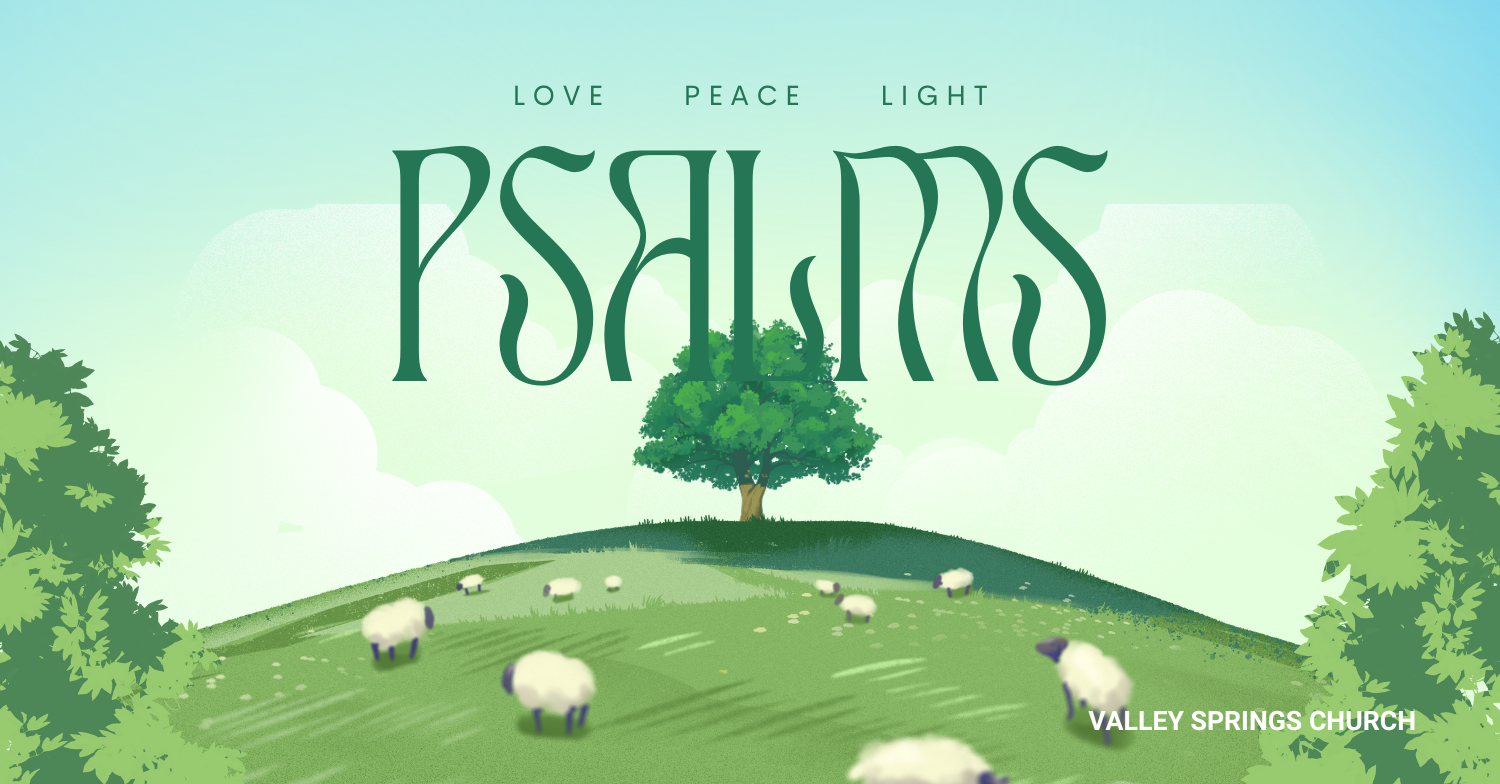
Trusting God in All Seasons
Psalm 6, 8-10
This psalm is a heartfelt cry of repentance and sorrow. David pleads with God to show mercy, not in anger, but with compassion. He feels the weight of his sin and the agony of discipline, yet turns toward the Lord in trust. The psalm reminds us that even in the depths of guilt and emotional pain, God invites us to seek Him. It’s not weakness to admit our need for mercy—it’s the beginning of restoration. Just as Christ bore our sorrows and intercedes on our behalf, we find hope in knowing that God hears our weeping.
Psalm 8 marvels at God’s greatness in creation and His mindfulness of mankind. David is in awe that the God who made the stars would care for humanity. This tension between God’s transcendence and intimacy reflects the heart of the gospel—God’s glory doesn’t distance Him from us; it draws Him near. In Christ, the Son of Man who was made “a little lower than the angels,” we see the fulfillment of this psalm. We are reminded of our dignity and purpose under God’s reign, called to steward His creation and glorify His name.
In Psalm 9, David praises God for His justice and deliverance of the oppressed. He declares that God sits enthroned as a righteous judge who defends the humble and brings the wicked to account. This psalm encourages us to trust in the long-term justice of God, especially when evil seems to prevail. God's faithfulness to remember the afflicted points us to Christ, who came to proclaim liberty to the captives and will one day return to establish full justice and peace. He is our refuge when the world feels unfair.
This psalm begins with a question many believers ask: Where is God when evil seems unchecked? David voices the pain of watching the wicked prosper and the poor suffer. Yet even in the struggle, he affirms that God does see, does hear, and will act. The psalm ends not in despair, but in confident hope that God will break the arm of the wicked and bring justice. It reminds us that faith allows space for honest questions. Through Christ, we know that God is not distant—He entered our pain and injustice to redeem it from within.
These psalms paint a full picture of the believer's journey—sorrow, awe, trust, and questioning. We see David’s heart laid bare before the Lord, which invites us to do the same. Whether we’re repenting (Psalm 6), rejoicing (Psalm 8), remembering God's justice (Psalm 9), or wrestling with delay (Psalm 10), we find that God remains faithful and near. These chapters reveal God's holy character—merciful, majestic, just, and attentive—and point forward to Jesus Christ, who embodies all of these qualities perfectly. In every season, He is our refuge and King.
Reflection Questions:
- How do you respond to guilt or spiritual weakness? Do you turn to God’s mercy like David in Psalm 6?
- Psalm 8 celebrates the majesty of God and our place in His creation. How does knowing your identity in Christ change how you view your purpose?
- When justice is delayed in the world, how does Psalm 9 encourage you to keep trusting in God's final judgment?
- Have you ever felt like God was distant during suffering, like in Psalm 10? How does the life, death, and resurrection of Jesus answer that feeling?
- What do these psalms collectively reveal about the relationship between honest prayer and deep faith?
